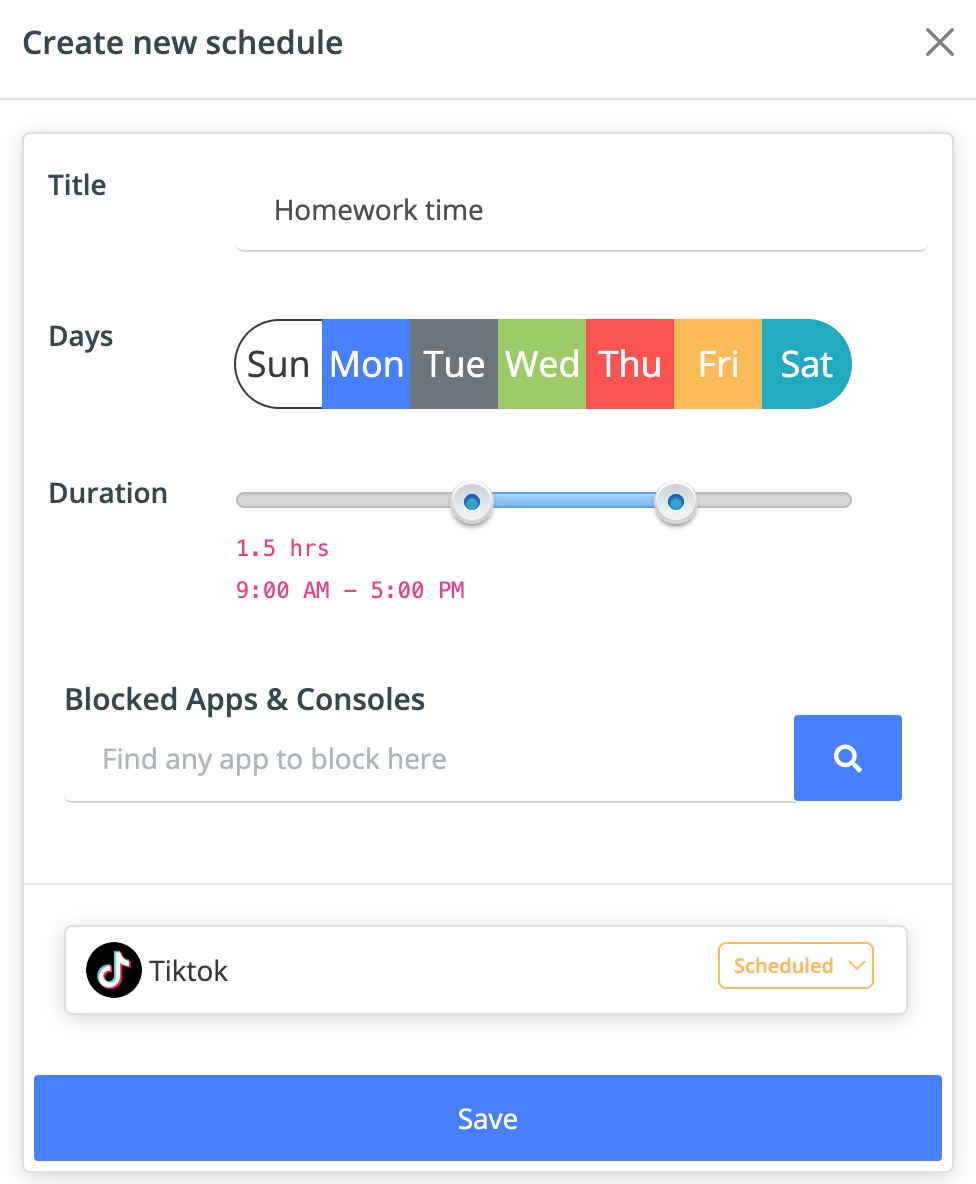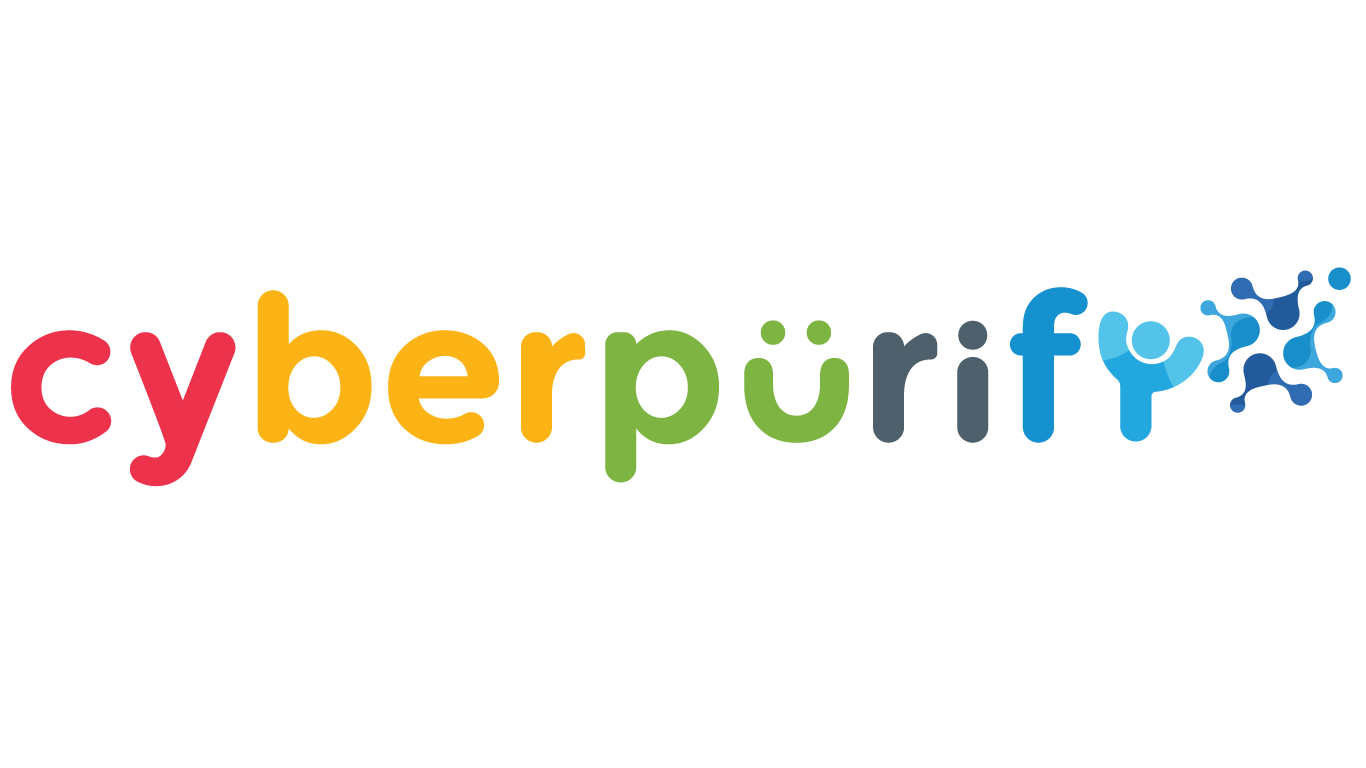The internet can be a dangerous place for our little ones, with cyberbullying, exposure to inappropriate content, and the presence of online predators. These threats can cause significant harm, from emotional distress to physical danger.
However, there’s hope! By understanding the seriousness of the problem “What harms were children experiencing online?”, we can come together to protect our children. Join us as we raise awareness and equip parents and guardians with the necessary tools to create a safe online environment for our precious kids.
When did children come to harm online?
Even if kids don’t directly search for harmful things online, children are also easily susceptible to such malicious content attacks unexpectedly and unpredictably. Some websites on the internet now make their revenue by advertising so the floating ads are constantly displayed and the porn ads are also rampant online.
In addition, applications that are labeled as made for children also have many potential dangers such as malicious content in strange links sent to, or malicious content contained in online online games.
What harms were children experiencing online?
Online predator
An online predator is when an adult who uses the Internet to take advantage of a child and/or young person for sexual or financial abuse. Sexual predators and other predators often stalk children on the Internet, taking advantage of their innocence, lack of adult supervision, and abuse of their trust.
These predators lurk on social media: chat rooms, instant messaging, game platforms that appeal to children – virtual locations where anonymity facilitates “hunting.”

Some common forms of cyber-predation are the online predator sending illegal images, audio, or video to children under an approved age. Or the predator entices the minor to engage in pornographic conversations. Or arrange to meet with a minor to commit sexual acts that are illegal, unlawful, and unethical.
As a case in point, the disappearance of Kaylee Jones who is 16 years old, had shared personal information, including her family’s address, with some “guys” she was speaking to online, according to news from Fox News Digital

Jones’s parents previously explained to Fox News Digital that two days before their daughter’s disappearance, they confiscated her phone to discipline her, at which point the 16-year-old turned to her laptop and began communicating with strangers on chatrooms like Omegle – a website that allows users to anonymously send direct messages or video-chat with one another.
Highly access to pornographic content
Research shows that most pornography and sex addiction begin in adolescence. Pornography negatively affects brain development, badly changes the view of self-image, and encourages attitudes and acts of violence against women.

Scam
If adults can be fooled by receiving millions of dollars or a supercar, kids can fall into more subtle scams when the attacker gives them what they value highly such as 1-year free gameplay or special game features.
Your child is especially susceptible to being deceived because they have not learned to be vigilant and also because they have not experienced much with the outside life. Like online scams, criminals can use children’s popular websites to identify potential victims, then lure them into giving out their parents’ credit card information in exchange for what they want.

Cyberbullying
There are 90% of teens agree that cyberbullying is a problem and 63% believe it is a serious problem. Furthermore, a 2018 survey of children’s online behavior found that about 60% of children using social media witnessed bullying, and most children completely ignored it.
Cyberbullying (online bullying) is bullying that occurs on digital devices such as cell phones, computers, and tablets. Online bullying can happen through SMS, text messages, and social networks. It includes
- Sending, posting, or sharing fake, negative, or malicious content about others.
- It may consist of sharing personal or private information about someone else, causing shame or humiliation.
This sad story is about a young girl named Megan who was already feeling very sad for a long time. She started feeling this way when she was only eight years old, and she Megan took her own life in her bedroom when she was just thirteen years old..


One of Megan’s neighbors, who was a woman, created a fake account on a website called MySpace. The neighbor pretended to be a boy named Josh Evans just to make fun of Megan. Later, the fake person turned mean and started talking about rumors they had heard.
At first, they talked privately, but then the fake person started sharing their private conversations with other people and said terrible things, like the world would be better without Megan. She felt so hopeless and then the worst things happen, she died when she is just 13 years old.
You may also like this:
Digital footprint
These are the traces of the things your child leaves behind when they go online. The Internet doesn’t have a “Delete” button. What happens online will last forever on the Internet. Everything child post is public whether the child delete the post or not, once the child have commented, or posted anything, it will be forever on the Internet and be traceable.


One of the most important tips is not to send, or share explicit sexual images/videos of themselves. Lots of children sext nowadays.
Let your child know that when they engage in sexting behavior that the other person (under 18) creates an indecent image or they (under 18) create those photos, which is illegal.
How to prevent the harms children face online?
Online danger is targeting children. It is true that children most at risk from online harm.
Parents should not subjectively rely solely on technology, but should educate their children and combine many ways to ensure their children are 100% safe online. Parents should try:

- Take your child’s online risks seriously. Listen to everything your child has to say and make sure they feel safe talking to you. Never lose your temper and scold or scare your child, because that will make the child become more distant from you and will limit sharing all his problems with you in the future.
- Try a Google search for your children’s names to see what was posted and take steps to remove it. Make sure all your child’s Internet profiles are privateand use a VPN for added security.
- Proactively remove data from websites that pose a risk of exposing your children’s personal information.
- Install an online content filter tool:
As a parent, it’s natural to worry about the harmful content that your child could come across online, and the potential negative effects it could have on their mental health, academic performance, and behavior.
We understand how scary it can be to think about your little one being exposed to harmful content, but don’t worry – you don’t have to face this alone!


CyberPurify Egg keeps your kids 24/7 safe from inappropriate content in search results Once you connect with parental control device CyberPurify Egg, your child will automatically be protected from harmful materials on the Internet. No more worrying about your child stumbling upon inappropriate websites– CyberPurify Egg has got you covered!
You can also set schedules to block social media during specific times, such as homework time, bedtime, and family time. You can customize the schedule to fit your family’s unique needs and routines as picture below:


With CyberPurify Egg, You can also set schedules to block social media during specific time Parental control router CyberPurify Egg is proud to be trusted by over 36,000 parents worldwide as one of the best parental controls for children. No more struggling to pry your child away from the screen during dinner or bedtime!


CyberPurify Egg automatically blocks harmful sites like the dark web, gambling or scamming, and more for children Get CyberPurify Egg – Your trusted ally in your children’s online journey now!
Parents may also like:















